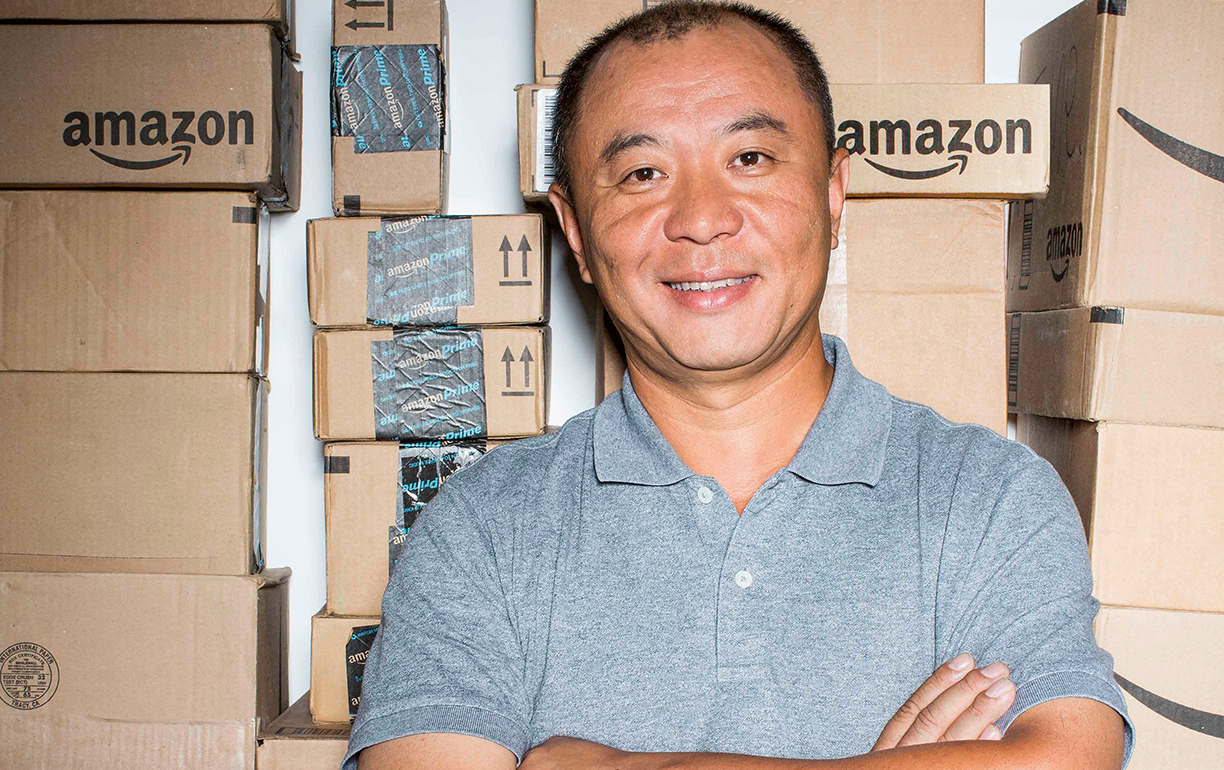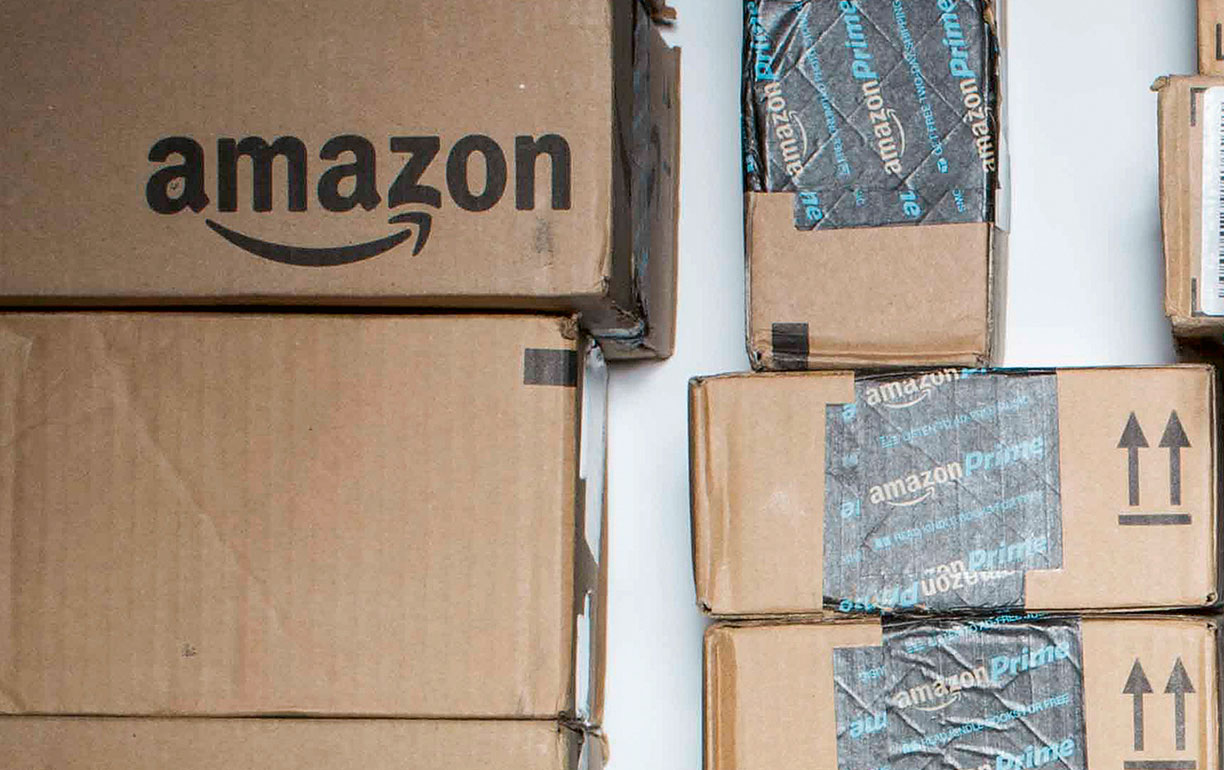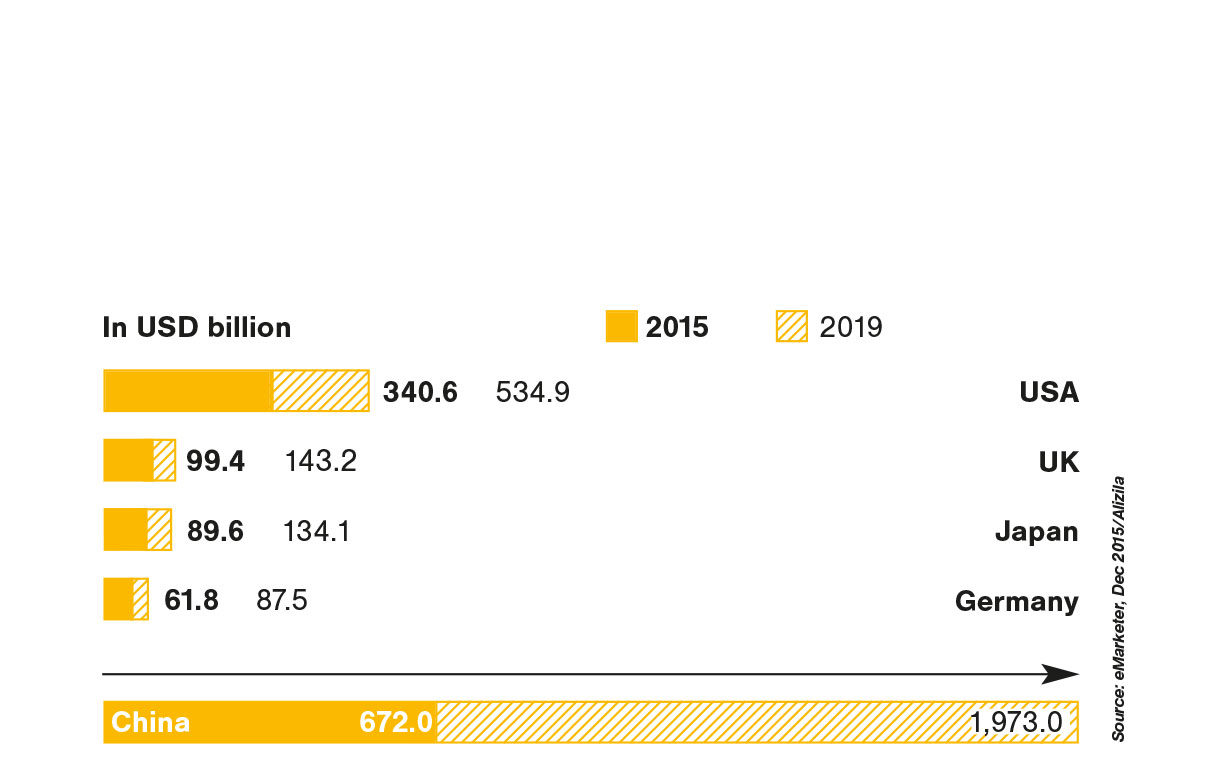
Understanding shopping 2.0.
Ever more Chinese nationals are shopping via the Internet. Charles Cao, CEO of ECMS Express, a company providing the logistics behind cross-border e-commerce, is a strong believer.
Mr Cao, since when has e-commerce been on the agenda for consumers, authorities and logistic companies in China?
People in China only really started to develop an interest in Internet shopping at the start of the decade. In 2013, when I established ECMS, China was still a developing country in terms of e-commerce. This was simply attributable to legal, documentation and customs-related restrictions. However, it had long been clear that it will become a huge growth market. With Apex Logistics Inc. I had already established a forwarding company and turned it into one of the leading providers of freight solutions worldwide. For me, establishing an e-commerce logistics service provider was merely a logical consequence of the signs emerging from the market.
|
What importance do your countryfolk attach to cross-border e-commerce and how has it developed? So what is purchased from abroad? |
China has already overtaken the US and Europe in online shopping. How do industry and the economy cope with the assiciated changes? What role does your company play in that respect? Which routes do consignments purchased online take at ECMS? |

Your company Apex Logistics is extremely successful. It is seen as the number one forwarder in China and is the 25th most successful forwarder worldwide. Why didn't you simply set up a product division for e-commerce in the company?
Because the classic forwarding business has precious little in common with the specific e-commerce requirements. That starts with IT. We have created an IT landscape for ECMS that integrates the technology of all our stakeholders: our customers, customs authorities, all destination countries and our airfreight carriers. The customs declaration process for e-commerce consignments has its own requirements, and the IT of the original senders differs considerably from the IT in place in classic airfreight. Our largest customers are Amazon Europe and Amazon USA. Their systems are fully linked with ours. Ultimately, the freight itself is normally made up of much smaller parts and is more heterogeneous. This entails orders of any size from the smallest of packages of face cream to a huge carton containing a bicycle. In all of this, door-to-door deliveries are our daily bread and processes need to run like clockwork. Tracking and tracing are also an absolute must in e-commerce. Each customer wants to know exactly where their order is currently located. You have to have a fundamental understanding of this wholly unique freight segment and its customer requirements – most classic forwarders and cargo airlines don’t.
"Young chinese nationals enjoy spending their money on exclusive products. Often, these can only be obtained via the internet."
"Young chinese nationals enjoy spending their money on exclusive products. Often, these can only be obtained via the internet."
|
Charles Cao, CEO and founder of ECMS Express.
Customs, tracking, IT and speed – e-commerce places new demands on all players in the transport chain. In ECMS, the Apex Logistics Head Charles Cao has therefore established a company especially for this segment. |
|

As an e-commerce logistics company, what demands do you place on your airfreight carriers?
First of all they need to be where we are. We have major hubs in several US cities and a European hub in the Netherlands. It makes sense to use the carrier that is on site. We are also in discussion with Lufthansa Cargo because we are planning an additional hub in Germany. Up until then, we will perhaps manage to develop creative and innovative ideas together and design an e-commerce product in line with our requirements. Overall, I am not entirely satisfied with the airfreight airline programs for my industry. Put simply, the e-commerce business has yet to be sufficiently understood. Classic airmail products do not work for us because we have different requirements for our consolidated parcels. Therefore, most of the time we book classic standard freight products which often do not provide the speed that is important for us. However, that may change soon – we are conducting the necessary discussions.
Mr Cao, many thanks for the discussion.

E-commerce continues to grow.
At USD 672 billion annual sales, China is now by far the largest e-commerce market. By 2019 the volume is set to triple. The growth story could also continue thereafter because just half of all Chinese nationals will probably shop online in three years’ time.
